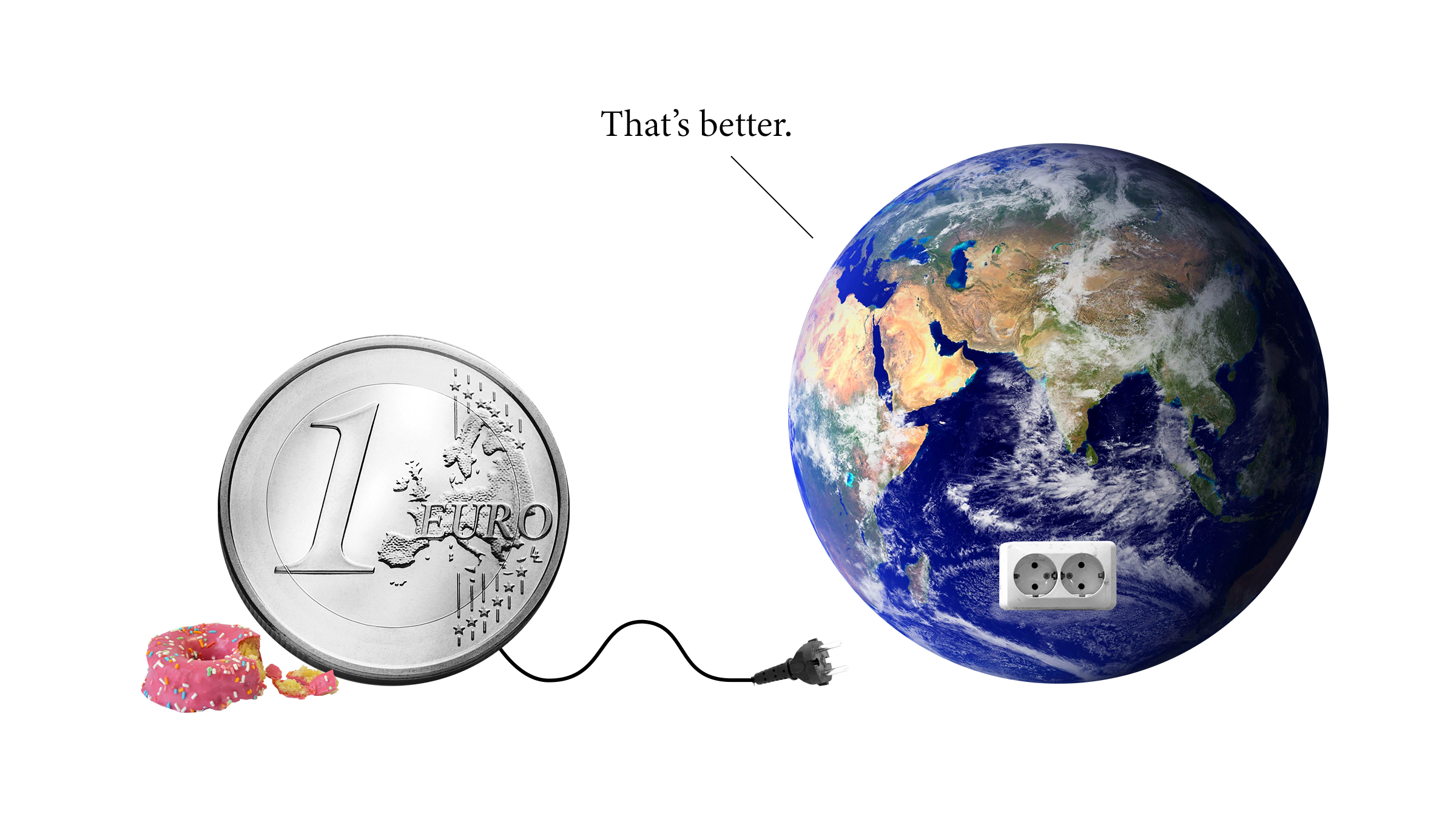Humankind faces an enormous challenge if global heating is to be kept within internationally agreed limits. The 1.5-degree target set by the Paris Agreement requires global emissions to reduce to net zero by 2050, as specified by the Intergovernmental Panel on Climate Change, the IPCC.
The study Growth-Positive zero-emissions pathways to 2050, published by Sitra on Friday 9 April, confirms that the 1.5-degree target is still possible to achieve, albeit under strict conditions. In addition, the modelling results suggest that stringent climate action and economic growth are not mutually exclusive.
The study was carried out by an international research team led by the University College London. The team also included E3-modelling, a company specialising in economic modelling.
Professor Paul Ekins, a team leader and environmental economist, emphasises that the 1.5-degree target not only requires a strong, consistent policy regime covering all economic sectors but also credible implementation of the policies for decades to come.
For example, the use of coal for energy should be phased out quickly across the globe and carbon dioxide should be removed from the atmosphere with new technologies. And the heating, transport and industrial processing sectors must be encouraged, as far as possible, to use clean electricity instead of fossil fuels.
”Countries that put such policies in place and foster innovation and technological progress will prosper as global emissions fall to net zero,” says Professor Ekins. “This needs to be the strong message coming out of forthcoming climate summit in Glasgow.”
The subject is topical as countries are expected to update their climate pledges under the Paris Agreement in the run-up to the UN climate negotiations, scheduled for the end of the year.
The results stress that the target will be easier to reach if there is good global co-operation between countries, rapid technological development, strong environmental policies, low population growth and declining inequality. Dietary changes and the protection of forests will also make a positive contribution.
Emissions and economic growth can be decoupled
Until recently, public discussion has been dominated by the perception that economic growth will automatically increase emissions. However, the research team found evidence of decoupling of emissions and economic growth in both the modelling results and research literature and statistics.
For example, in the period 1990-2006, the EU economy grew by over 50 per cent, but emissions associated with fuel combustion decreased by 25 per cent.
Energy-efficiency measures, substitution of fossil fuels with cleaner energy sources and the restructuring of the economy all contributed to this outcome, for which political steering provided the basis.
Sitra’s leading specialist Saara Tamminen suggests that the results do not imply that current forms of economic growth can continue indefinitely. The business-as-usual policies will result in serious environmental, economic and social consequences.
”Instead, the results suggest that sustainable economic growth is promoted by ambitious climate policy through investments in clean technologies and improved productivity,” says Tamminen.
She also stresses that the study is not exhaustive in addressing the decoupling of harmful environmental impacts and economic growth, because the study did not address the decoupling of the use of natural resources and economic growth. This would require future research.
Launch event
You are warmly welcome to attend the launch event to hear and discuss the results of the study on Friday 9 April between 13:00 and 14:15 EET (12:00-13:15 CET).
Registration is open until the start of the event and can be accessed here.
Link to publication
Read the full report Growth-positive zero-emission pathways to 2050

















Recommended
Have some more.